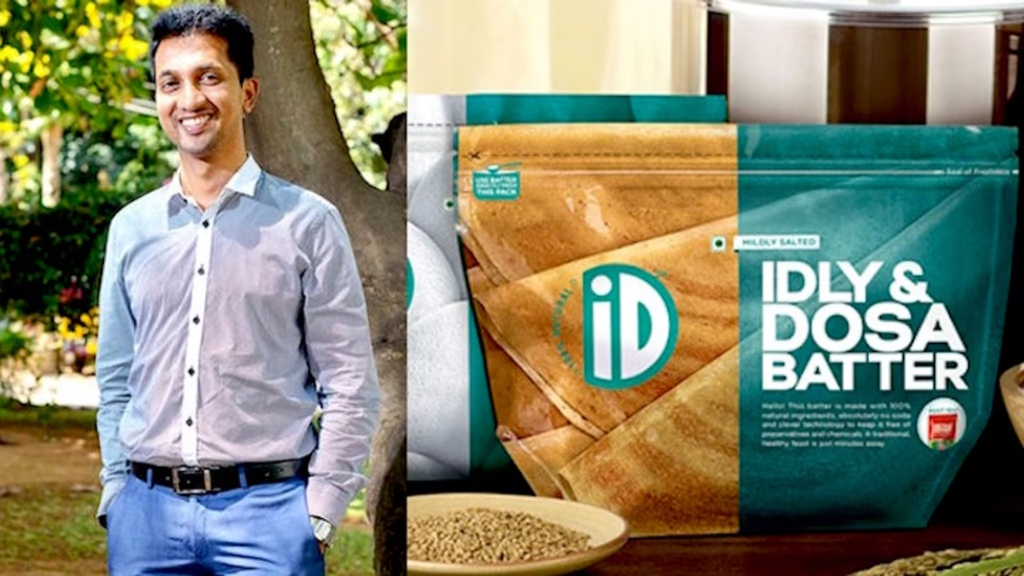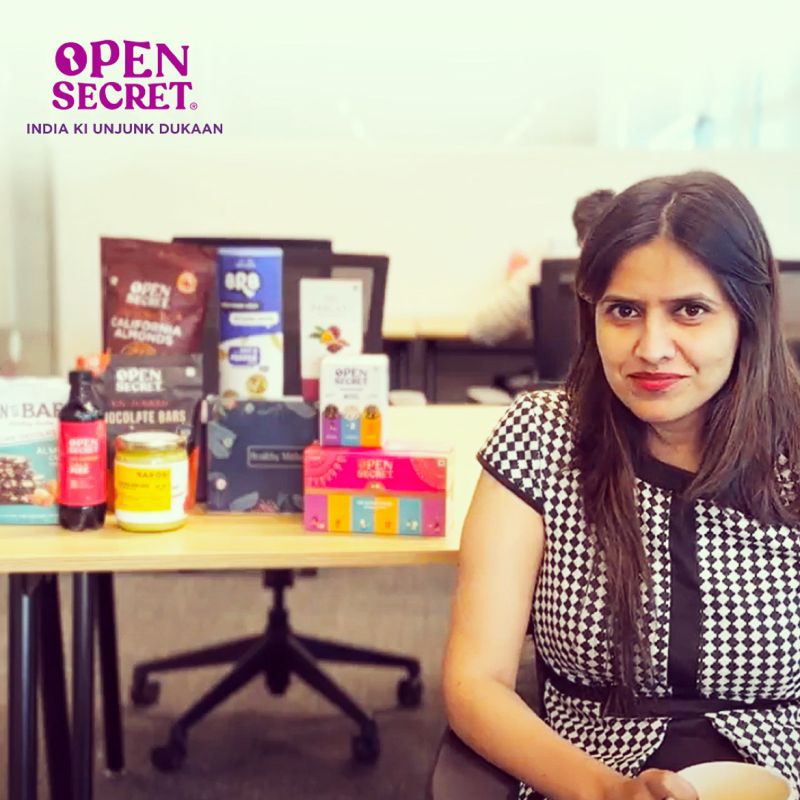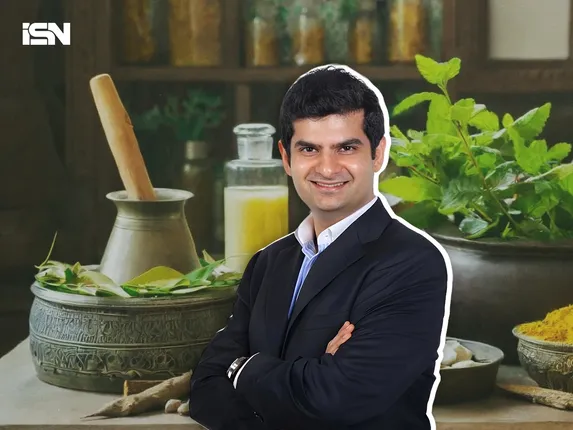The Power of Founder-Driven Brands in India

In a story-driven nation, a founder’s journey may stand out. But building a brand that stands firm, whether or not the founder is in the spotlight
In today’s hyper-competitive market, Indian consumers—especially Gen Z—aren’t just buying products but investing in stories, personalities, and values. More than ever, homegrown brands are thriving because they resonate with audiences on a personal level. Consumers want to know who is behind a brand, what inspired its creation, and how it aligns with their aspirations.
Unlike traditional corporate giants that operate behind layers of branding, many new-age Indian brands have founder-led narratives at their core. This creates a unique emotional connection, where customers support an individual’s journey rather than just purchasing a product.
From beauty and wellness to fashion and tech, a strong founder presence can drive trust, loyalty, and relatability. But does every brand need a visible founder? Or can it sometimes be a limitation?
Let’s explore where ‘Founder-Led Narratives work best and where they might hold a brand back.
Why ‘Founder-Led Narratives’ Work in India




Passionate entrepreneurs who prioritise their stories have driven the rise of India’s DTC (Direct-to-Consumer) brands. Unlike corporate giants, these brands aren’t faceless entities. They’re personal, relatable, and authentic.
Some of the biggest homegrown brands today have built their identities around their founders:
- Mamaearth (Varun & Ghazal Alagh) – The brand’s clean and toxin-free philosophy is tied to the founders’ parenting journey.
- boAt (Aman Gupta) – The face of youthful, trendy audio wearables, Aman’s brand as a Shark Tank investor has only amplified boAt’s credibility.
- ID Fresh (P C. Musthafa) – The story of an Indian entrepreneur who rose from poverty to run a successful premium, ready-to-cook brand
- The Whole Truth (Shashank Mehta) – Built on transparency, their digital-first strategy often puts the founder at the forefront.
For these brands, having a visible founder has significantly transformed their operations. Their journeys humanise the business, create trust, and help customers feel they support a movement rather than just buying a product.
But Does Every Brand Need a Founder Face?
While storytelling is powerful, putting a face to the brand isn’t always the right move. Some categories benefit from it, while others may find it limiting.
Where Founder Branding Works Best




- Beauty & Personal Care: Authenticity and trust are key. Brands like Sugar (Vineeta Singh) and Kama Ayurveda (Vivek Sahni) thrive on the credibility of their founders.
- Health & Wellness – Consumers want to believe in the science and passion behind the product. Cure.fit (Mukesh Bansal) and Kapiva (Ameve Sharma) benefit from founder-led branding.
- Fashion & Lifestyle—Personal style and aesthetics matter. Labels like House of Masaba (Masaba Gupta) gain traction because their founders embody the brand ethos.
- Food & Beverages— Consumers increasingly gravitate toward healthy snacks, and Ahana Gautam’s ‘crusade’ seems to help the cause.
Where It Might Hold a Brand Back
- Mass FMCG Brands— Every day staples like biscuits, soaps, or beverages rely more on heritage and consistency than personal storytelling. Amul, for instance, thrives without a visible founder persona.
- Tech & SaaS – While Indian SaaS giants like Zoho and Freshworks have visionary founders, their product-led growth strategy doesn’t require a public-facing founder brand.
- Scalability-Driven Categories—If a brand aims for a pan-Indian or global audience, a single face might restrict its positioning. Think of Paper Boat—it is built on nostalgia, not an individual.
The Balance: Story-Driven, Not Founder-Dependent
A founder can be the face of the brand, but the brand shouldn’t depend only on the founder. The goal is to create an emotional connection while ensuring the business can grow beyond one personality.
Chumbak, initially a passion project for a couple, has transformed into a brand with a distinct visual identity. Similarly, Lenskart used Peyush Bansal’s credibility but didn’t make him the sole identity of the brand.
Final Thought: Founder-Led, But Brand-First
In a country where stories matter, a founder’s journey can be a powerful differentiator. But the real flex? Building a brand that stands firm, whether or not the founder is in the spotlight



